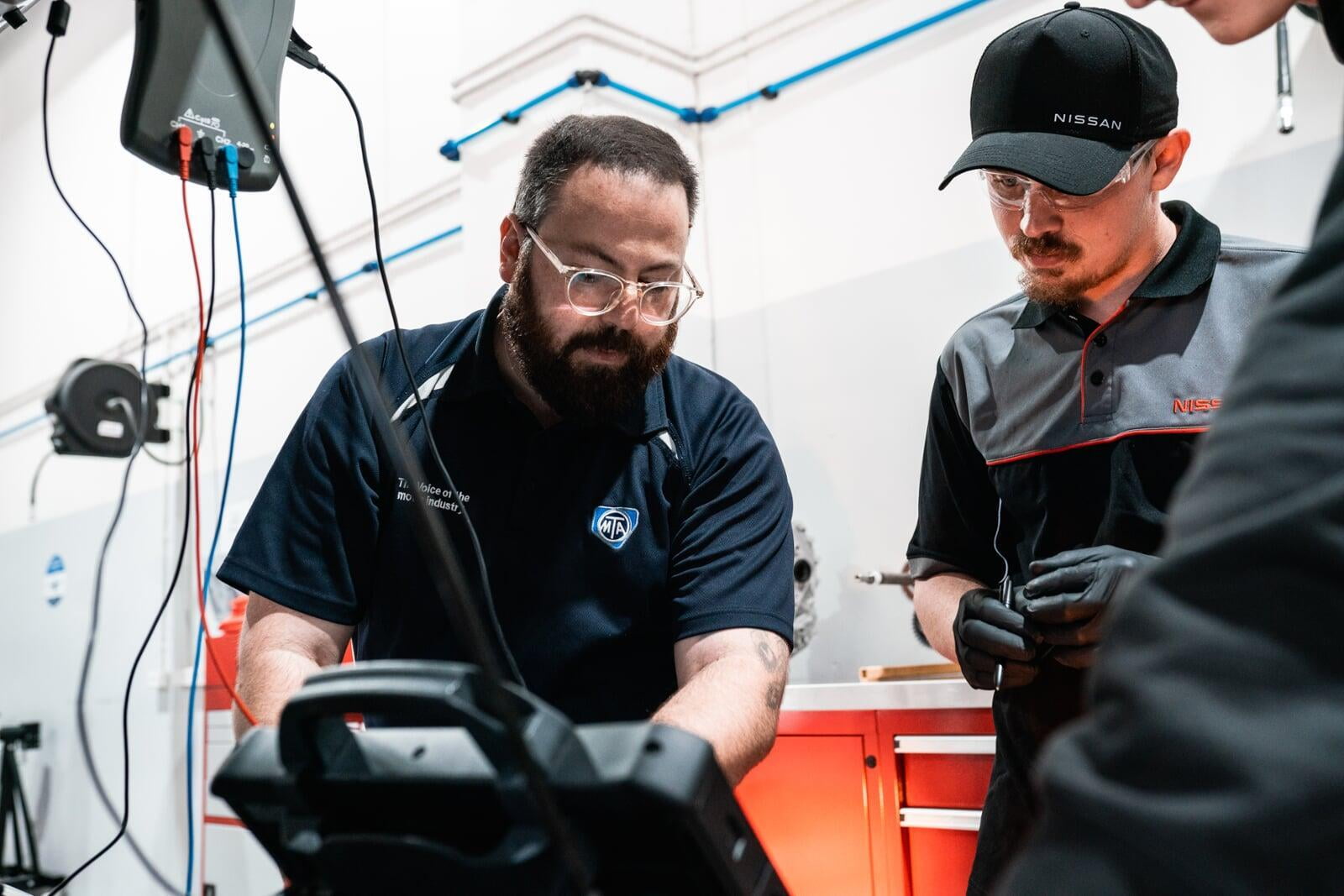RPL & RCC recognises knowledge and skills which the learner may have already obtained from other courses, life experience, work experience and from training provided at work. This learning is then measured against the qualification they are enrolled in.
RCC recognises what the learner has learnt through other formal training. If the learner supplies the Training Officer with a qualification or statement of attainment the training officer will need to determine that the units of competence previously achieved are still current. That is, the learner still uses these competencies and can demonstrate the necessary capabilities. Assessment may be required by the training officer to determine this.
MTA NSW’s policy on RPL is in line with the NSW RPL Framework using a holistic/workplace task recognition approach suitable to support recognition for alternative qualifications and units of competency. MTA NSW will maintain on-going records for all subsidised training and all enrolled learners as evidence of Recognition of Prior Learning, such as observation of workplace performance or collection of work samples.
If at any time during training delivery, the learner feels that they could obtain a unit or units of competence via RPL/RCC they must raise this with the Training Officer and who will discuss how to proceed.
The Training Officer will develop with the learner a pathway to achieve RPL/RCC for the unit(s) of competence requested. This pathway will then be incorporated into the training plan.



